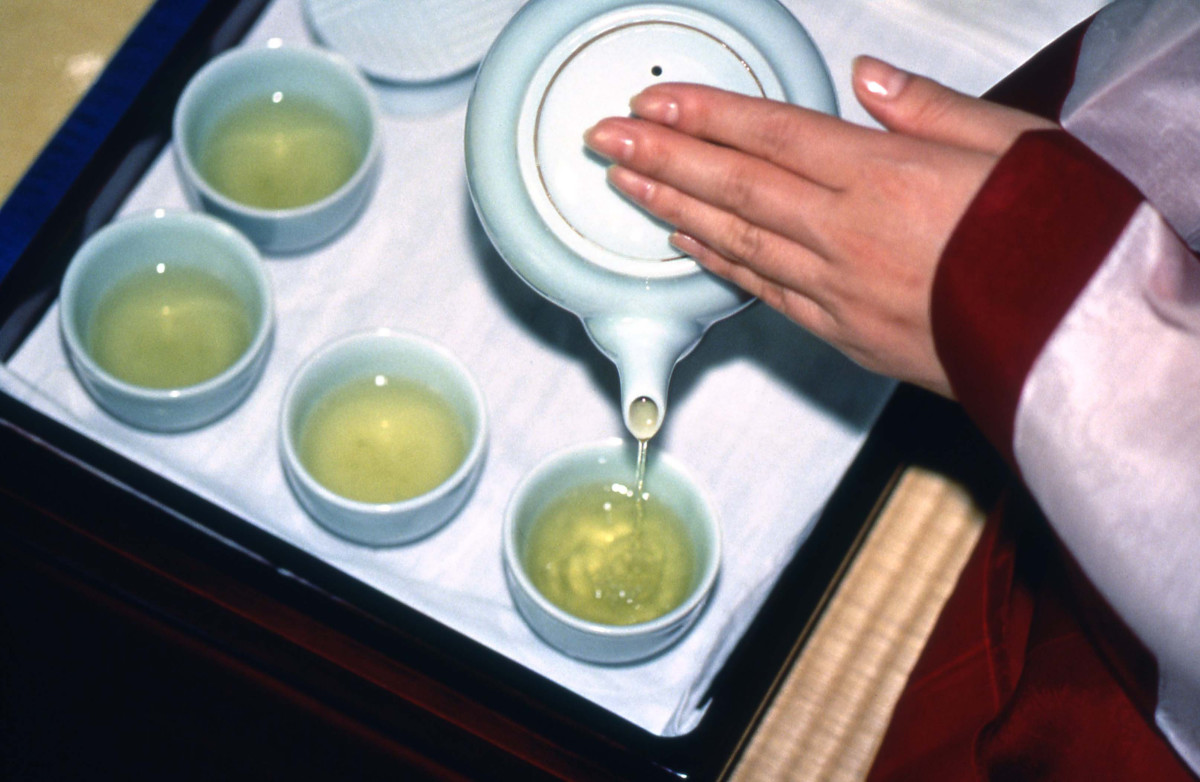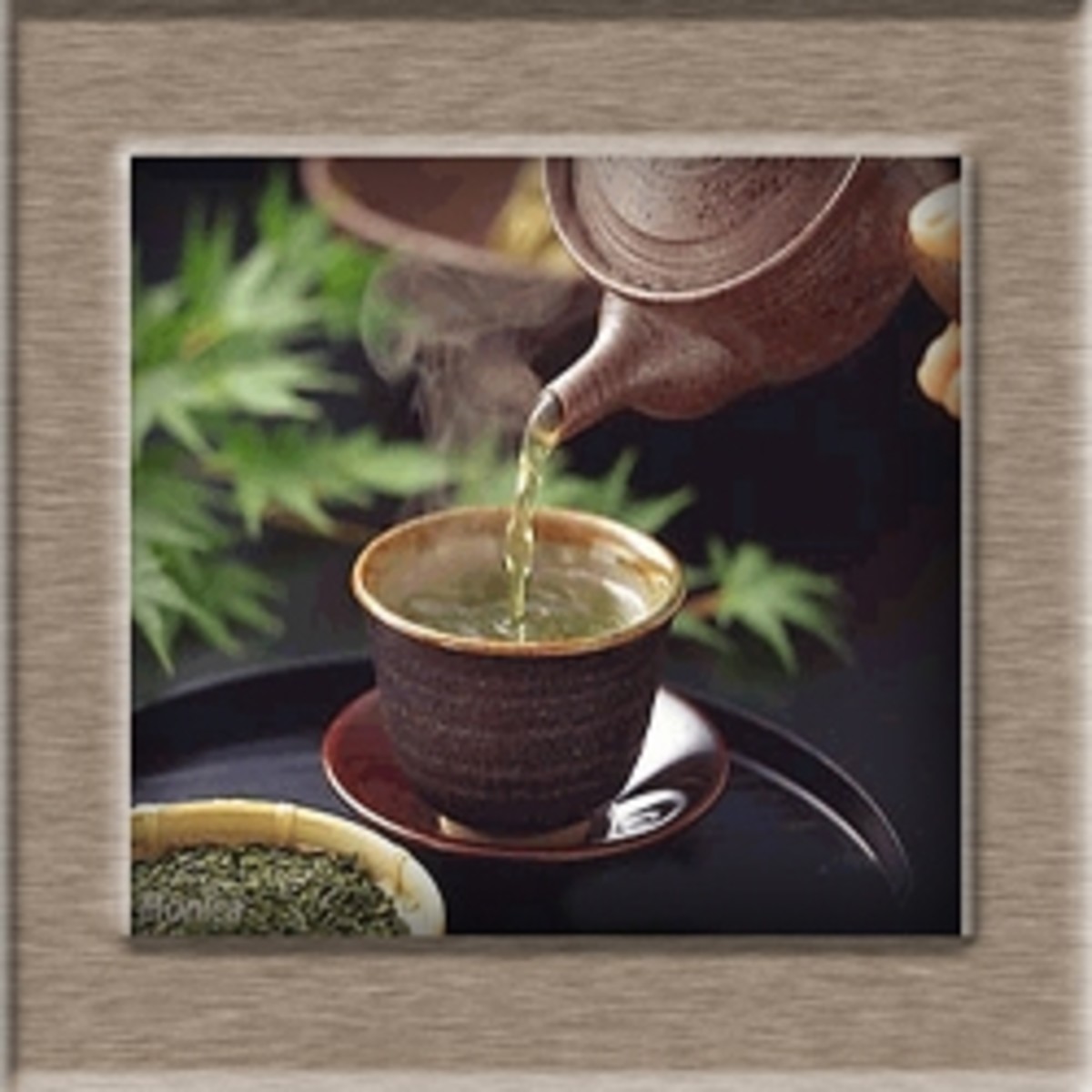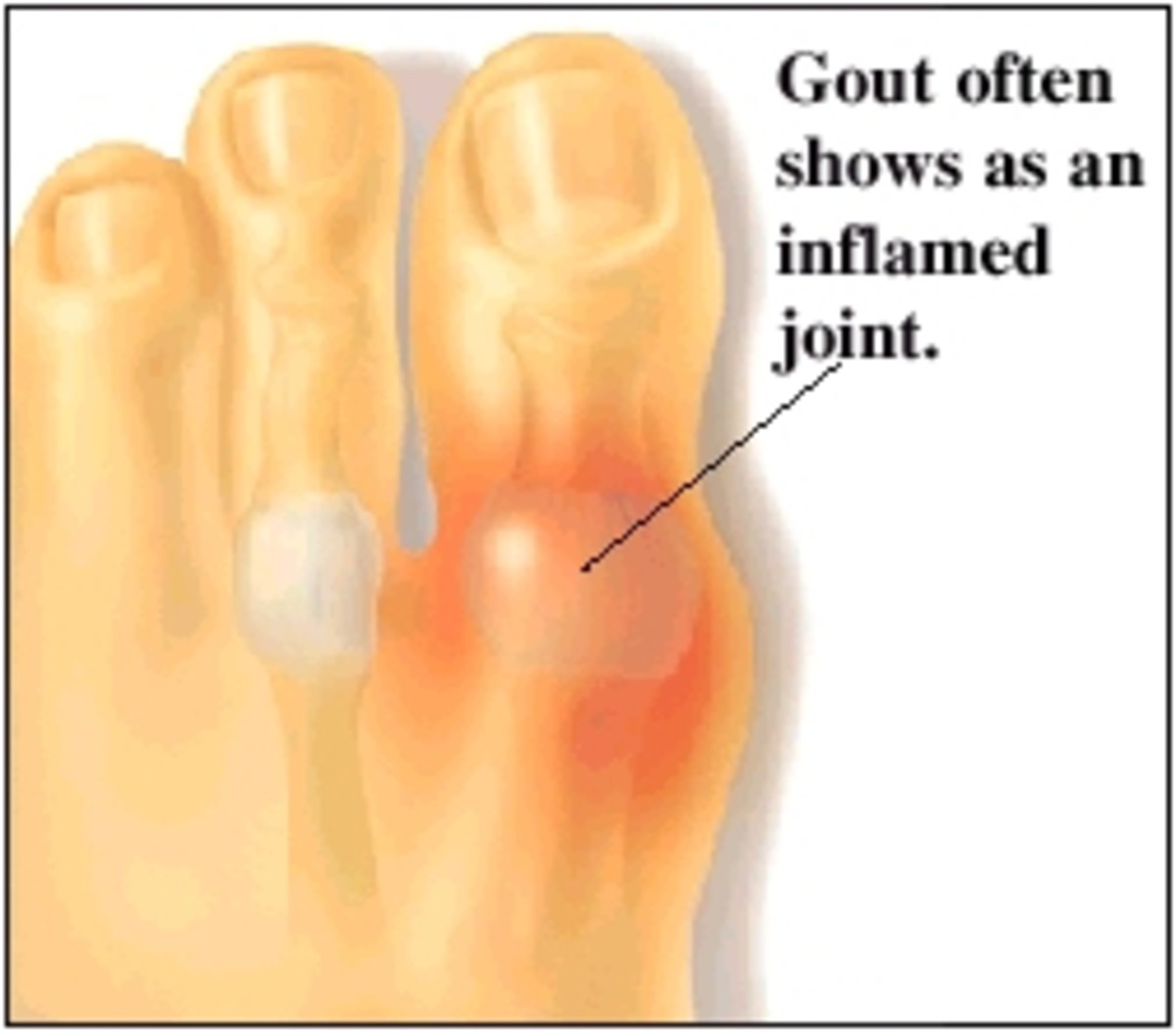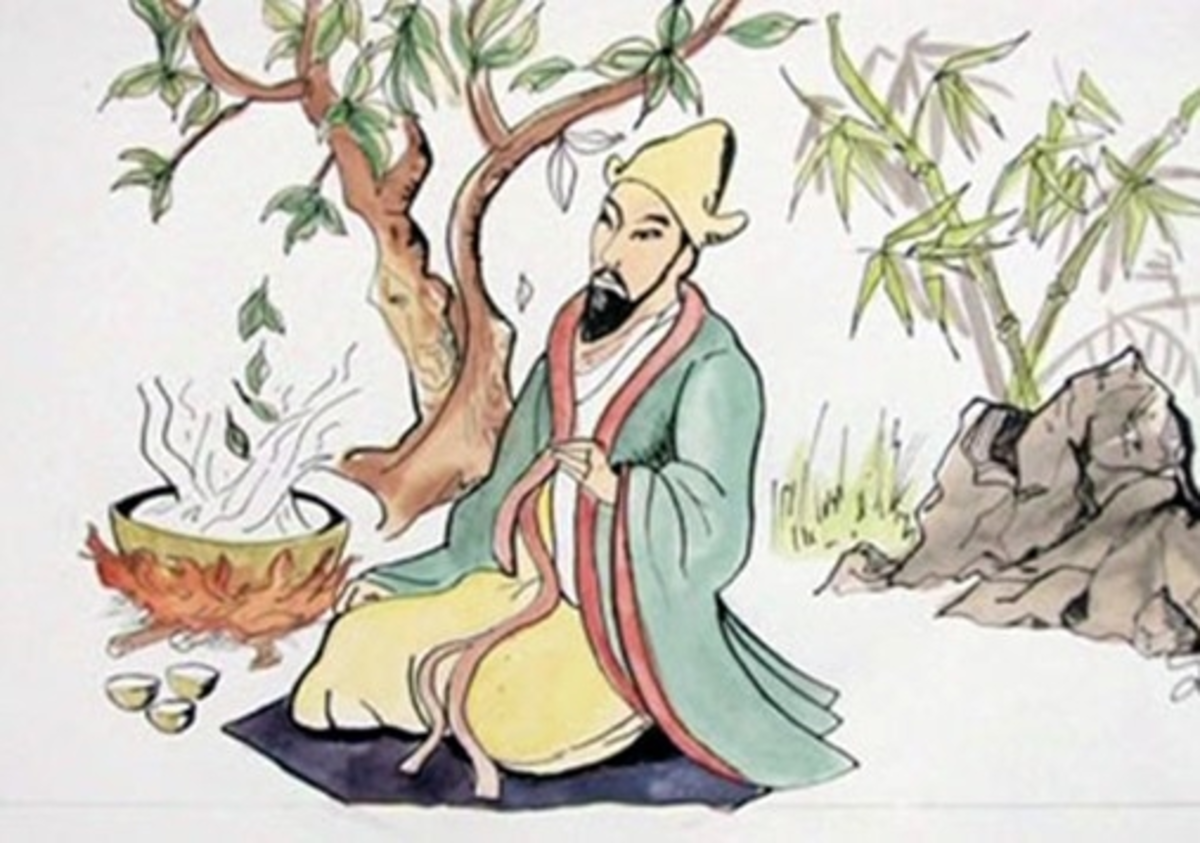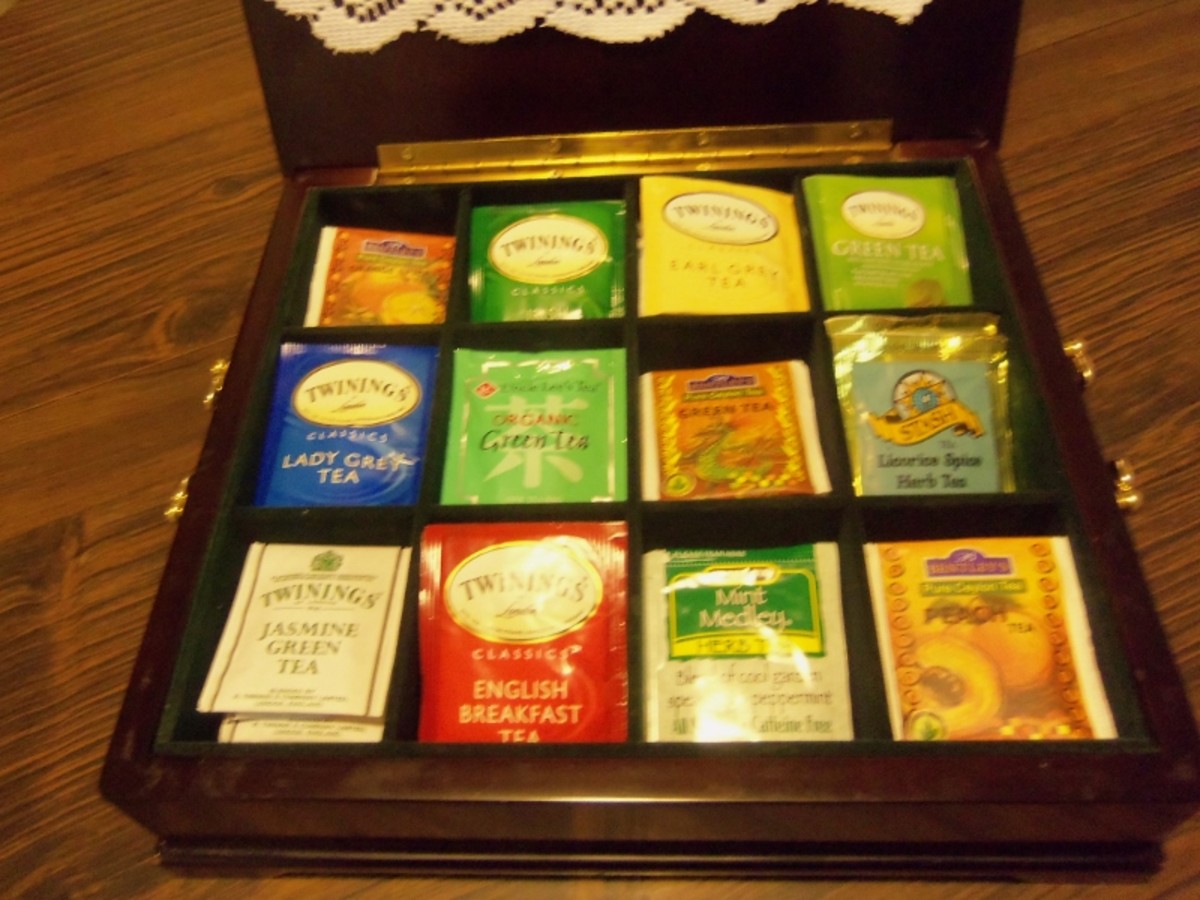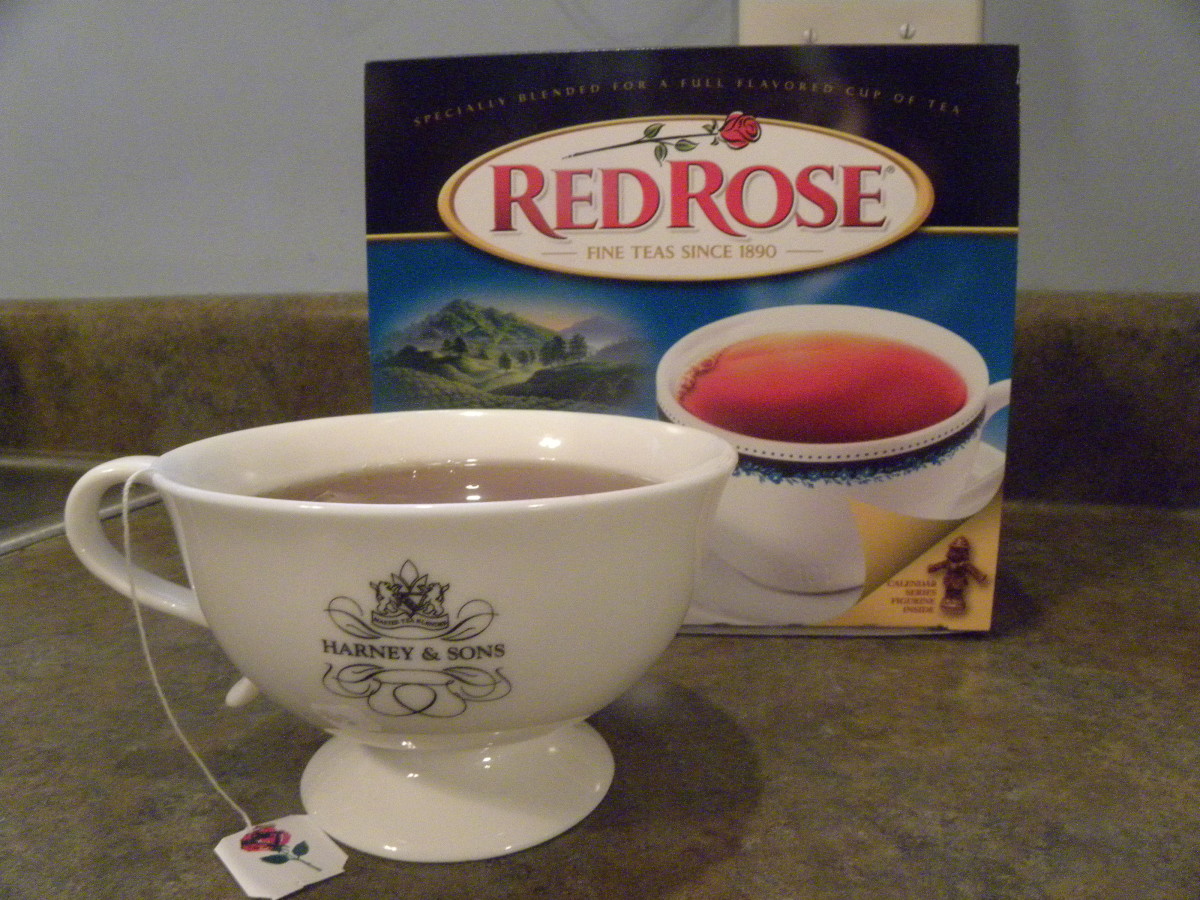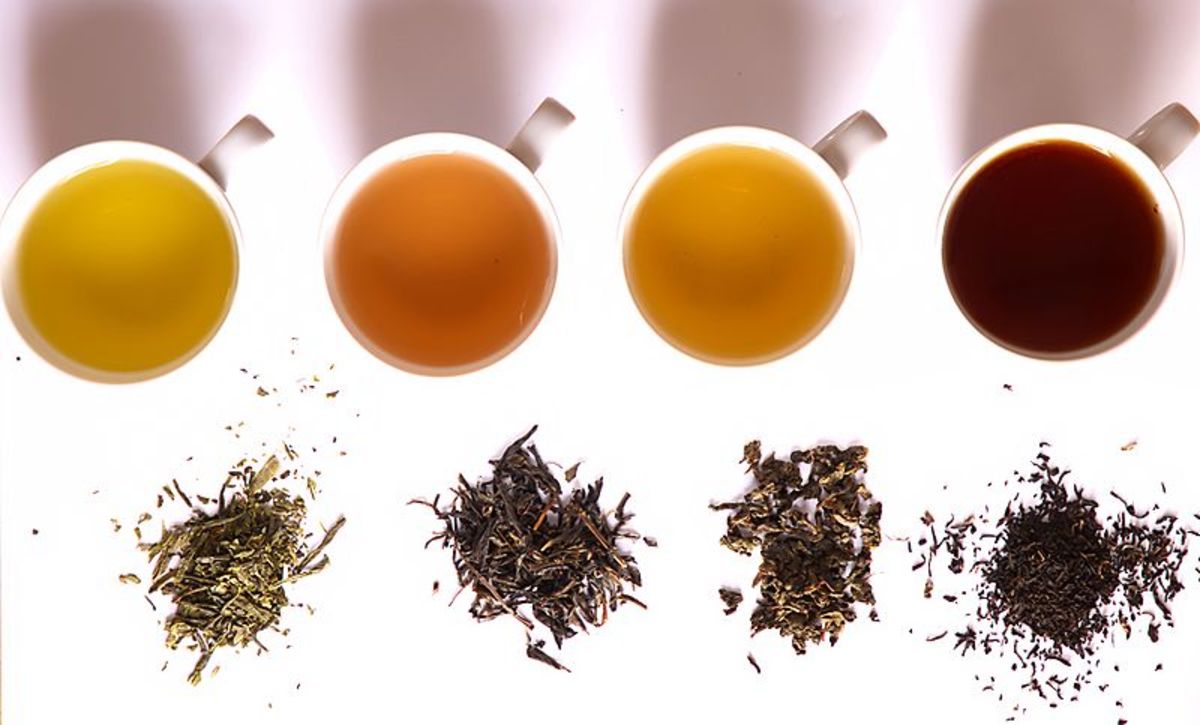Why White Tea Might Be Even Better For You Than Green Tea
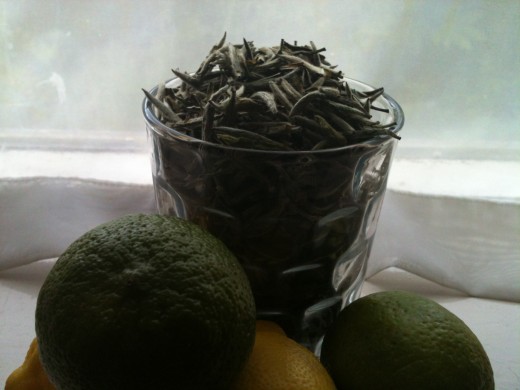
White, yellow, red, green or black – all ‘proper’ tea drinks are made from the leaves of the Camellia sinensis plant. Although there are different varieties of the plant itself, the major difference between the ‘colours’ of tea is in how they are processed.
Black tea is the most common tea in the Western world, and the processing it undergoes is called ‘fermentation’, although the name is a bit misleading since no actual fermentation occurs during the processing. It is relatively heavily processed, and this removes or destroys some of the antioxidants, polyphenols and catechins, which are the substances that give tea its healthful properties.
Green tea is less processed, and very fine green teas are harvested young, processed by hand and contain a high amount of nutrients, which they retain if they are stored well, so that your delicate infusion is packed with health.
White tea is processed even more lightly than green. It is simply harvested, dried out and then packaged airtight, and it retains all the goodness that makes tea more than just another drink.
But the story doesn’t end there, as impressive as this might be. The health benefits of tea come from its different parts. Something called EGCG has been shown by researchers to enhance your immune system, keep heart attacks at bay, and promote faster recovery from stroke. Another substance, called L-theanine has been researched for its relaxing and anti-cancer properties. And the small amount of caffeine in tea will keep you alert without making you tense. But all these parts work better in the right combination, and the best combination is the one found in a freshly brewed cup of tea.
But why is white tea better than other teas?
Research is still at an early stage with white tea, but we know that because the most popular white teas (Silver Needle and White Peony) are bud teas that are harvested young and are only lightly processed, they have high levels of the right stuff for health – antioxidants like EGCG, and amino acids like l-theanine, and as with all teas, the amounts are in just the right ratio to each other so they can work in harmony for your optimal health.
White Tea For Youthful Skin And To Prevent And Help With Chronic Disease
But although the science is a little slow in giving us definitive answers, some very interesting studies on white tea have given us a glimpse in the last few years of the marvellous things we can expect from white tea. White tea outperformed green tea in decreasing certain stresses and damage in the liver and lungs, and there has been much excitement about studies that showed that white tea was better than green tea and 20 other plants in combating wrinkles and other signs of aging, as well as chronic diseases like rheumatoid arthritis. Even with very serious problems like brain injuries associated with stress and aging, white tea has been shown to have a positive protective effect.
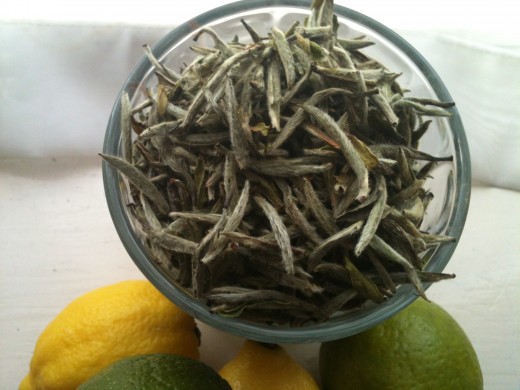
How Does White Tea Protect Against Aging and Illness?
Antioxidants protect us against disease and the effects of getting older, and white tea is full of these helpful little molecules that sweep up the toxic debris in our bodies. But whilst fruit, vegetables and many other foods contain them, different antioxidants protect against different toxins. This is possibly one of the reasons why supplements do not have the wonderful benefits we first expected of them – because supplements contain only one or two antioxidants in huge doses, whereas natural foods and drinks like fruit and tea contain a whole variety, in amounts that our bodies need and want. Taking very high doses of some antioxidants can reverse their healthy effects, and can even cause serious damage. These very high doses are not found in food and drink (except in quite rare cases, in foods not usually found on your dinner table – such as the lethal amount of vitamin A found in polar bear liver) but can easily be consumed through overenthusiastic use of supplements. EGCG, one of the antioxidants in tea, is found in white and green tea in healthy and usable amounts, and outside of tea it is found in almost no other food. Of course, this is not to say that the nutrients found in white teas are vital to survival, but a cup or two of white tea every day might repay your effort many times over by keeping you healthy and young looking for years to come!

